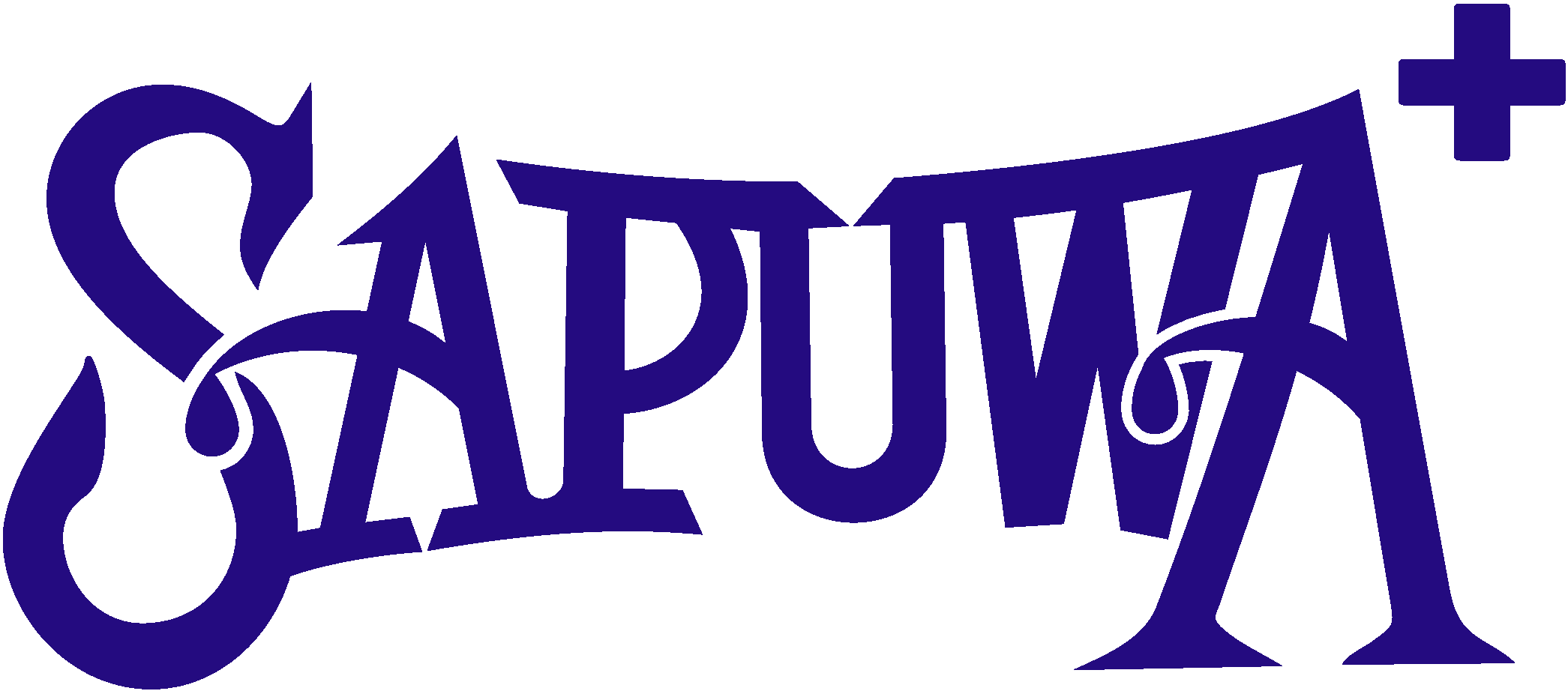Correct timing of drinking water – maximize its effectiveness
Essential to the survival of all organisms, water has always been an important and life-sustaining drink to humans. Excluding fat, water composes approximately 70% of the human body by mass. It is a crucial component of metabolic processes and serves as a solvent for many bodily solutes. Health authorities have historically suggested at least eight glasses, eight fluid ounces each (168 ml), of water per day (64 fluid ounces, or 1.89 litres), and the British Dietetic Association recommends 1.8 litres. The United States Environmental Protection Agency has determined that the average adult actually ingests 2.0 litres per day.
.jpg)
a) Two glasses of water – After waking up – Helps activate Internal organs.
b) One glass of water – 30 Minutes before meal – Help Digestion
c) One glass of water – Before taking a bath – Helps lower Blood Pressure
d) One glass of water – Before Sleep – To avoid Stroke or Heart attack.
.jpg)
Improving the availability of drinking water
One of the Millennium Development Goals set by the UN includes environmental sustainability. In 2004, only forty-two percent of people in rural areas had access to clean water.
water disinfection is a low-cost method of purifying water that can often be implemented with locally available materials. Unlike methods that rely on firewood, it has low impact on the environment.
One program developed to help people gain access to safe drinking water is the Water Aid program. Working in 17 countries to help provide water, Water Aid international in helping the sanitation and hygiene education to some of the world’s poorest people.
The Global Framework for Action is a organization that brings together stakeholders, national governments, donors and NGOs (such as Water aid) to define manageable targets and deadlines. 23 Countries are off-track to meet the MDG goals for improved water availability.
However, not all efforts to increase availability of safe drinking water have been effective, and some have been damaging. The 1980s was declared the International Decade of water by the UN. However, the assumption was made that groundwater is inherently safer than water from rivers, ponds and canals. While instances of cholera, typhoid and diarrhea were reduced toxic level of fluoride were found. Borehole wells were either not tested or not tested thoroughly. Fluoride slowly dissolved from the granite rocks underneath India and slowly poisoned the population, particularly evident in the bone deformations of children. Further, in Bangladesh, it is estimated that half of the countries 12 million tube wells have unacceptable levels of arsenic due to the wells not being dug deep enough (past 100 M). The Bangladeshi government had spent less than $7 million of the 34 million allocated for solving the problem by the World Bank in 1998. Natural arsenic poisoning is a global threat, 140 million people affected in 70 countries on all continents. These examples illustrate the need to examine each location on a case by case basis and not assume what works in one area will work in another.
Source:http://www.eface.in
Collected by Nhu-Vu SAPUWA
Relative post
- SAPUWA AT THE TẾT BÍNH NGỌ 2026 BOOK STREET FESTIVAL – SPREADING GREEN ENERGY IN THE SPRING ATMOSPHERE OF HO CHI MINH CITY
- RESET YOUR BODY AFTER TET: THE IMPORTANCE OF DRINKING PURIFIED WATER EVERY DAY
- Binh Ngo Lunar New Year 2026 – A Fresh & Peaceful Spring with SAPUWA
- OFFICIAL ANNOUNCEMENT LUNAR NEW YEAR (BINH NGO) HOLIDAY SCHEDULE 2026 OF SAPUWA
- SAPUWA HONORED TO RECEIVE A LETTER OF APPRECIATION FROM THE PEOPLE’S COMMITTEE OF DUC NHUAN WARD
- SAPUWA HONORED AS A TYPICAL INNOVATIVE ENTERPRISE IN 2025 – AFFIRMING A SUSTAINABLE DEVELOPMENT JOURNEY
- Sapuwa Year End Party 2025 – A Spectacular Milestone Closing a Brilliant Year and Opening a Sustainable Future
- Sapuwa Has Participated in the Consumer Stimulus Fair in Thong Tay Hoi Ward – Spreading the Spirit of Green Consumption and Connecting the Business Community
- APUWA PARTICIPATES IN THE CONSUMER STIMULATION PROGRAM & WELCOMES THE NEW YEAR 2026 – SPREADING SAFE DRINKING WATER VALUES TO THE COMMUNITY
- SAPUWA HONORED TO RECEIVE A LETTER OF APPRECIATION FOR POSITIVE COMMUNITY CONTRIBUTIONS
- SAPUWA PARTNERS IN AN EVENT COMBINED WITH A WATER DONATION PROGRAM
- SAPUWA PARTNERS WITH OLP, OLPai, PROCON & ICPC 2025 Connecting Businesses with Technology Talent – Advancing Innovation and Digital Growth








 0
0


